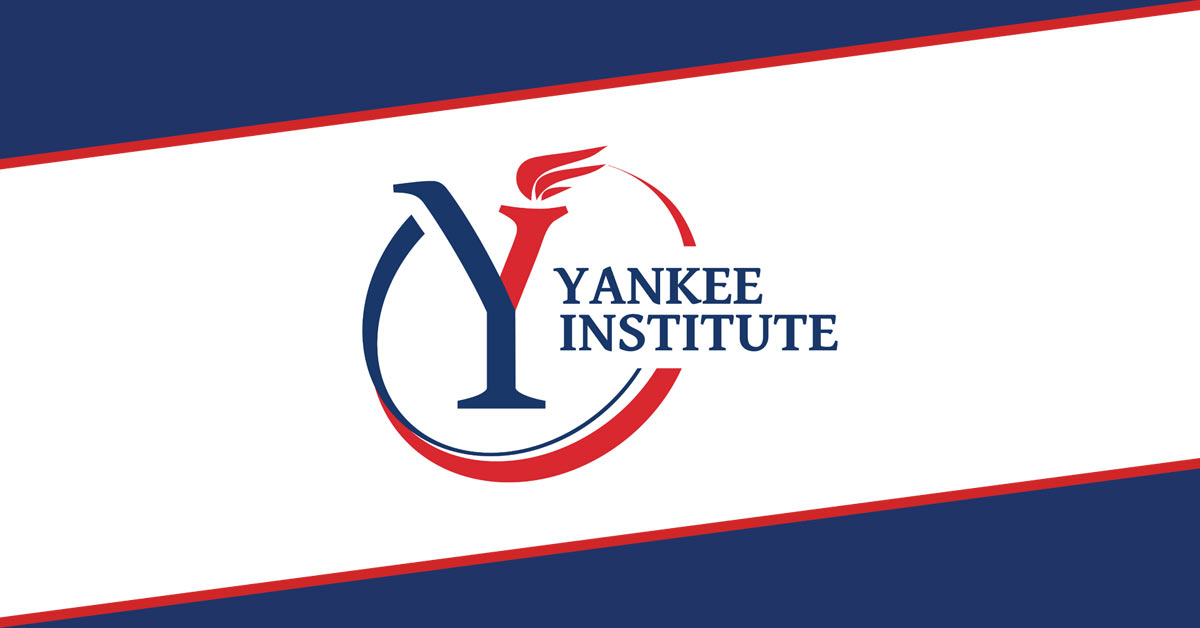HARTFORD, Conn. — A new study published by Yankee Institute and conducted by the Connecticut Center for Educational Excellence (CTCEE) in partnership with the University of New Haven’s Liberty Initiative confirms that increased state spending does not reduce the education achievement gap.
The report — Connecticut K-8 Educational Achievement Gap — sheds light on what’s long been a challenge for policymakers. Despite boasting some of the nation’s best performing schools, Connecticut likewise has some of the country’s widest disparities in academic performance within the state, a phenomenon known as the “achievement gap.”
Yet funding does not necessarily translate into better results. Litchfield has the highest spending per student at $23,387, while Tolland spends an average of $16,972. The latter, however, still ranks in the top three counties across all academic performance scores. The study notes that although the two counties have the widest gap in per-pupil spending between districts, they have the narrowest achievement gap in each category across all districts.
“If we are to overcome the significant educational gap for our children from low-income families, we must listen to our parents and provide solutions that will support their commitment to their children’s future,” said Carolanne Marquis, chief executive officer of Connecticut Center for Educational Excellence (CTCEE), a new project of Yankee Institute.
With more than 700 families across the state applying for scholarships since the organization launched in March, Marquis added, “We must respond to the overwhelming request from parents by helping to provide their children with the opportunity to pursue a good education — which CTCEE does through scholarship support.”
By funding scholarships for low-income children to attend schools their parents choose, CTCEE is intended as an alternative for low-income families. It was created to offer support, leadership and innovative solutions in partnership with families and communities.
Yankee Institute President Carol Platt Liebau said, “This study demonstrates that simply spending more money isn’t going to get the results our children need and deserve. We’re committed to ensuring low-income families get the same opportunity Connecticut’s affluent families enjoy: the ability to offer their children a good education that prepares them for lives of dignity and purpose.”
To read the full report and learn more about CTCEE, visit ctcee.org
### Press Contact:For Yankee InstituteBryce N.Y. Chinault860-426-6343[email protected]

